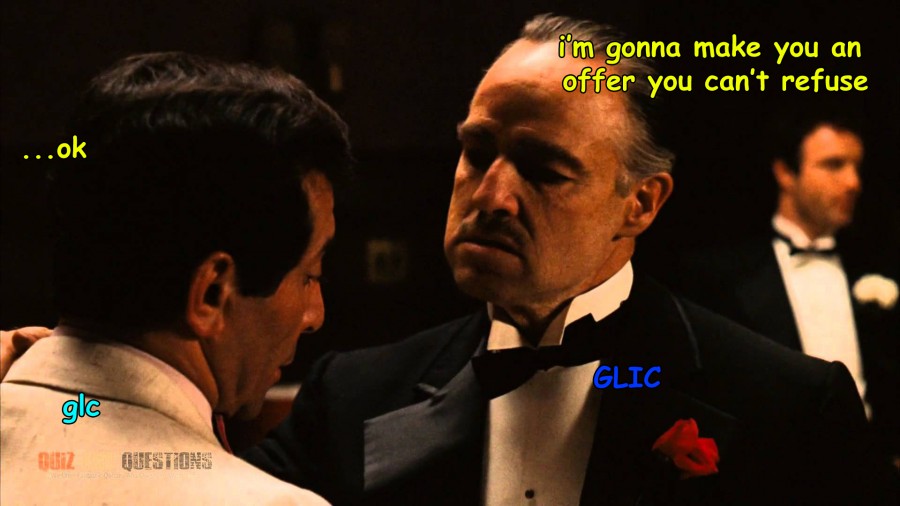
Part 2 by Ti Lian Ker. Part 1 was published here on 25 January 2021
The rise of Islamism in Malaysian society in the early 1970s with the dakwah movement propelled by Anwar Ibrahim and the influence of the religion in Malaysian politics and government under then Prime Minister Mahathir Mohamed in the 1980s was another turning point for the MCA.
As a member of the ruling Barisan Nasional coalition, the MCA did its part to keep the administration on its track of moderation, respect diversity and protection of minority interests. There were subsequent flashpoints that included unilateral conversion of non-Muslim minors to Muslims, proposed implementation of Islamic state and hudud laws, and other policies that were detrimental to racial harmony – all of which MCA stood firmly against and insisted that Federal Constitution remains the supreme law of this country.
The MCA, hence, is not new to effective diplomacy and pragmatic governance – skills that often elude political novices or of course, neophyte coalitions, for that matter.
From a political standpoint, without MCA or a Chinese-based party, a Malay-majority government would have very little reason not to push ahead with policies in line with the rising influence of Islamism in government and civil service. Sentiments from Sabah and Sarawak were not as influential at that time, when political Islam and “Ketuanan Melayu” ruled. Although the people in East Malaysia do not welcome any racial or religious-based elements that change the harmony that is unique among the people there, that alone does not deter Islamism in Malaysia’s political and electoral narratives. The element of “Melayu” and “Islam” could not be removed from the essence of Malay politics in this country and Mahathir had used it to exercise near absolute control with a more than two-third majority in Parliament. The Malay and Islamic agenda is inherent in all Malay parties or Malay-led political parties.
Even Parti Keadilan Rakyat (PKR) a party formed from defections from UMNO and the result of the Reformasi movement, despite its multi-racial front, is still a party dominated by Malays with the prodigal son of the dakwah movement, Anwar Ibrahim as its President.
Subsequently, other Malay-based parties such as Parti Pribumi Bersatu Malaysia (PPBM) and Parti Amanah Negara (PAN) were the result of defections from UMNO and PAS respectively creating a further split and bigger divide among the Malays.
Chinese vs Chinese
DAP seized this opportunity to play on the Chinese political psyche to oust UMNO by picking on their components, particularly MCA and MIC, for being associated with UMNO. By singling out UMNO and repeating “Asalkan Bukan Umno” and “UBAH”, DAP succeeded in capturing about 90% of the Chinese votes for Pakatan Harapan whereas the Malay electorates by and large maintained support for UMNO or PAS.
In 2018, DAP succeeded in capturing the bulk of the Chinese community votes with their false promises and manifesto, again. The ecstasy of the installation of a new federal government and a Chinese Finance Minister under Pakatan Harapan were short and abrupt as DAP caved in to Tun Mahathir’s dictates. The Chinese communities and the reform-minded voters were quick to notice that DAP turned into Mahathir worshippers and apologists. One after another, the election promises made were broken. DAP, who was the biggest united party, was turning out into a major disappointment.
There was no UEC recognition, no local government elections, no abolishment of highway tolls, prices of goods remained high, no additional government scholarships for non-Malays, and so on. Lame excuses were given for the non-delivery of promises and indifference shown by these so-called Chinese champions on persistent issues close to the hearts of the Chinese community, such as participation in government procurement, recognition of UEC, greater access to public universities, removal of quotas and so on. Once in government, they too realised that they will not be in power for long without the Malay support as the Malays were awoken to the reality that DAP has come to power. DAP tried, pandered and cajoled for the Malays support as even Mahathir realised that the Malay support is sliding away from Pakatan.
In the end, PH government maintained most, if not all, Bumiputra policies and appointed Malays as Ministers in all key cabinet and GLC positions and DAP even agreed to an increase in the Bumiputra entry quota to the local public universities and supported the introduction of Jawi lessons in schools to win over the Malay electorates.

Further to this, the PH government collapsed as a result of Mahathir’s attempt to gang together an “exclusively Malay” dominated party in a show of Malay supremacy leaving DAP in the cold and the Malay based parties retaliated by saying that they will join any government “Asalkan Tak Ada DAP” in a racial retaliation towards DAP’s 90% Chinese support.
Political Crossroads
Now the Chinese are at a political crossroad. They’re in a dilemma as to whether to be part of the government or to stay on as opposition missing out on the country’s national policies and executions. The overwhelming support by the community for DAP has not resulted in any significant changes in their livelihood and if any one has been listening to the business community, the economic environment was no better when DAP held the position of Finance Minister between 2018 and early 2020.
For the party itself, DAP also realised that they have been politically sidelined. They have jolted and awaken to the fact that they have been jilted. In order to survive, DAP has stated openly that they are willing to be in a coalition and work with UMNO if a new government is to be formed. This attempt to form political partnerships with the very personalities in UMNO that they have demonised for years, particularly Zahid Hamidi and Najib Razak, is just too convenient.
This is nothing new as they have embraced PAS and Mahathir before. What’s new? It is all in the name of political gambits of which their supporters have accepted repeatedly.
In 2018, DAP agreed to use the PKR flag to contest in the general elections, and then in 2020 replacing its own “rocket” flagship with that of Warisan’s. As long as the father and son said so, all goes. What’s new?
Where would the Chinese support go from here? DAP is assuming that it still holds tightly the Chinese voters and it has been very careless with the feelings of the Chinese constituents with regards to what matters to them and what coalitions they want DAP to be in. Well, that’s a reality when one party has too much influence. – New Malaysia Herald
The views expressed here are those of the writer and do not necessarily reflect those of New Malaysia Herald
Like what you read?
Subscribe to our news site and be the first to know about New Malaysia Herald’s latest news and stories.
New Malaysia Herald publishes articles, comments and posts from various contributors. We always welcome new content and write up. If you would like to contribute please contact us at : editor@newmalaysiaherald.com
Facebook Comments